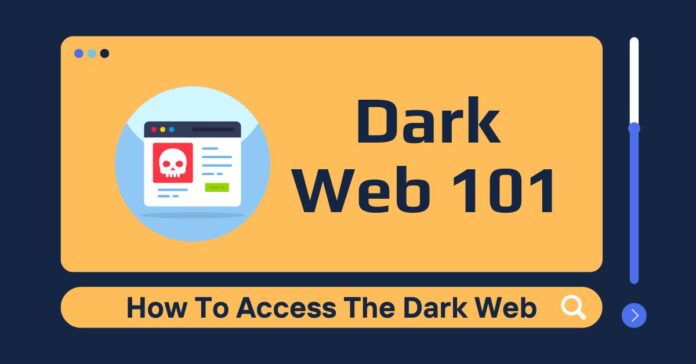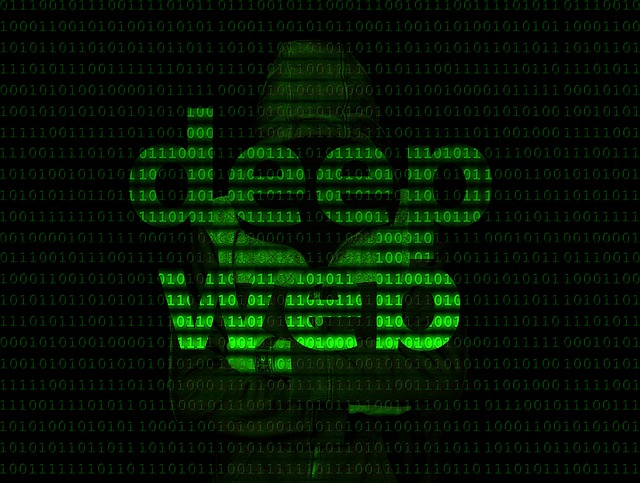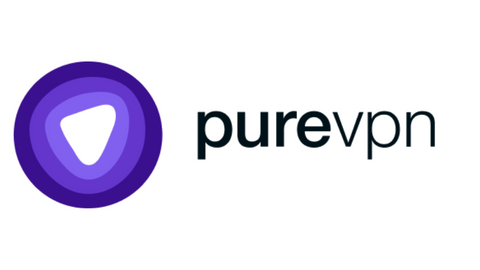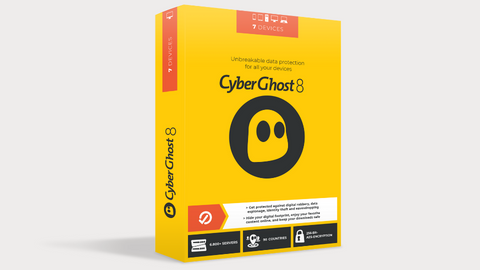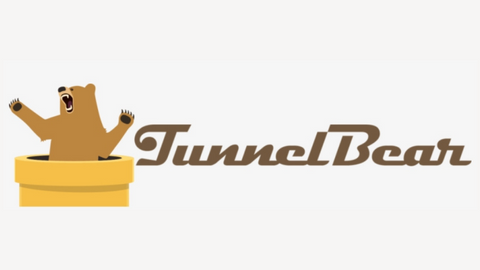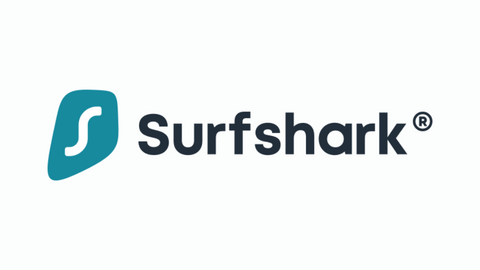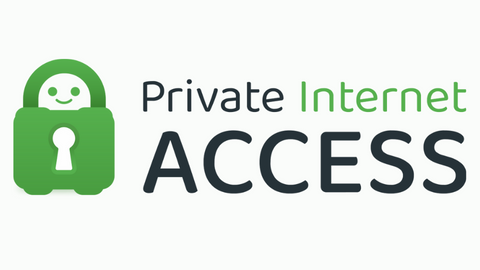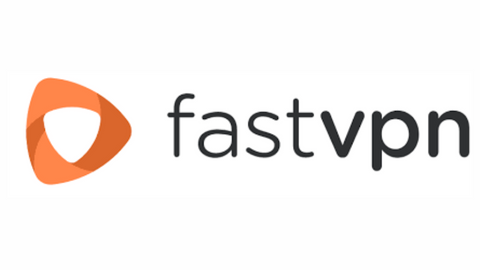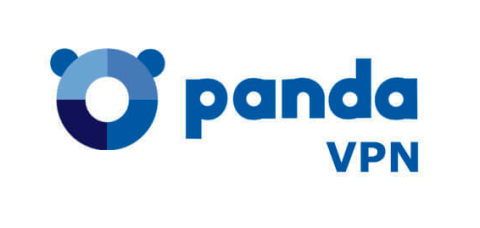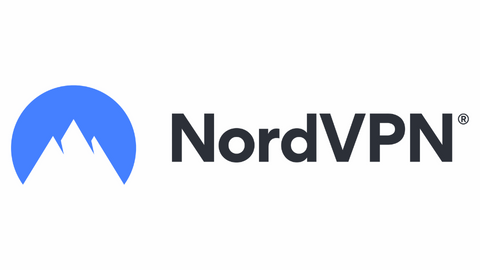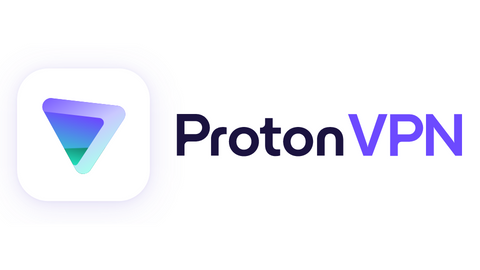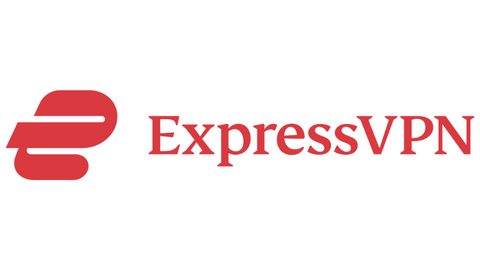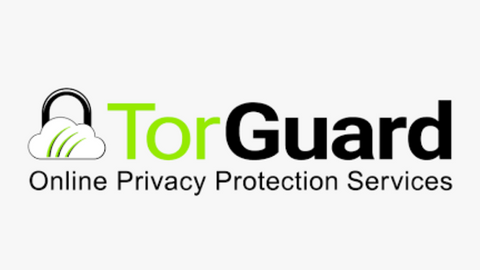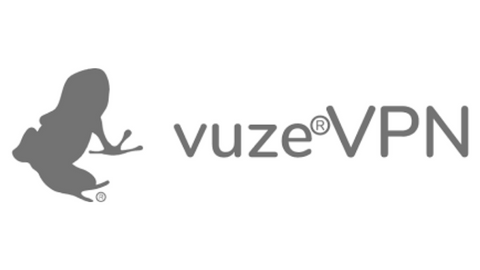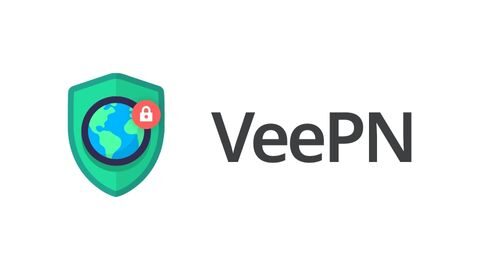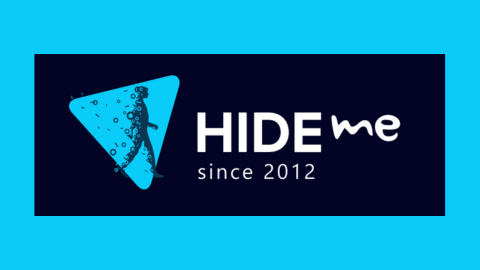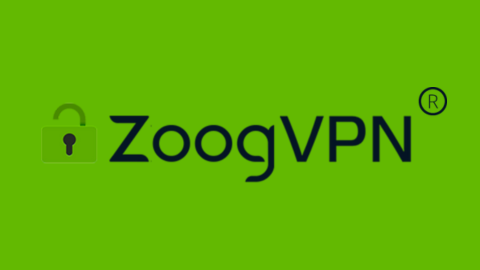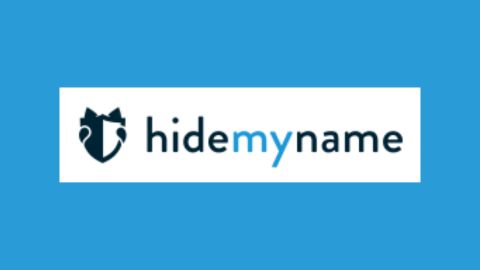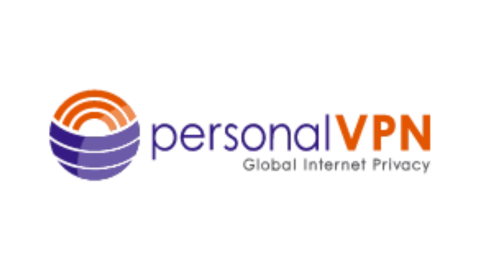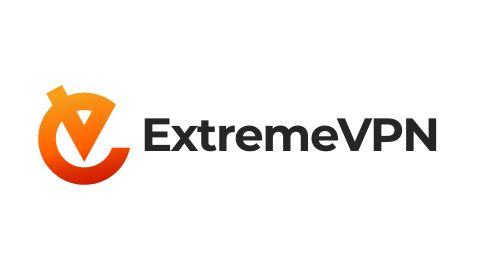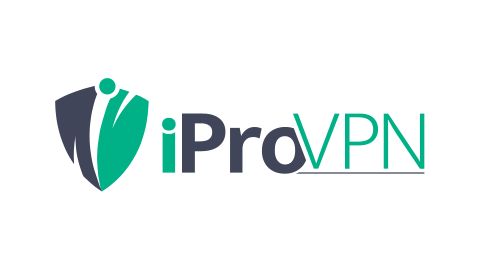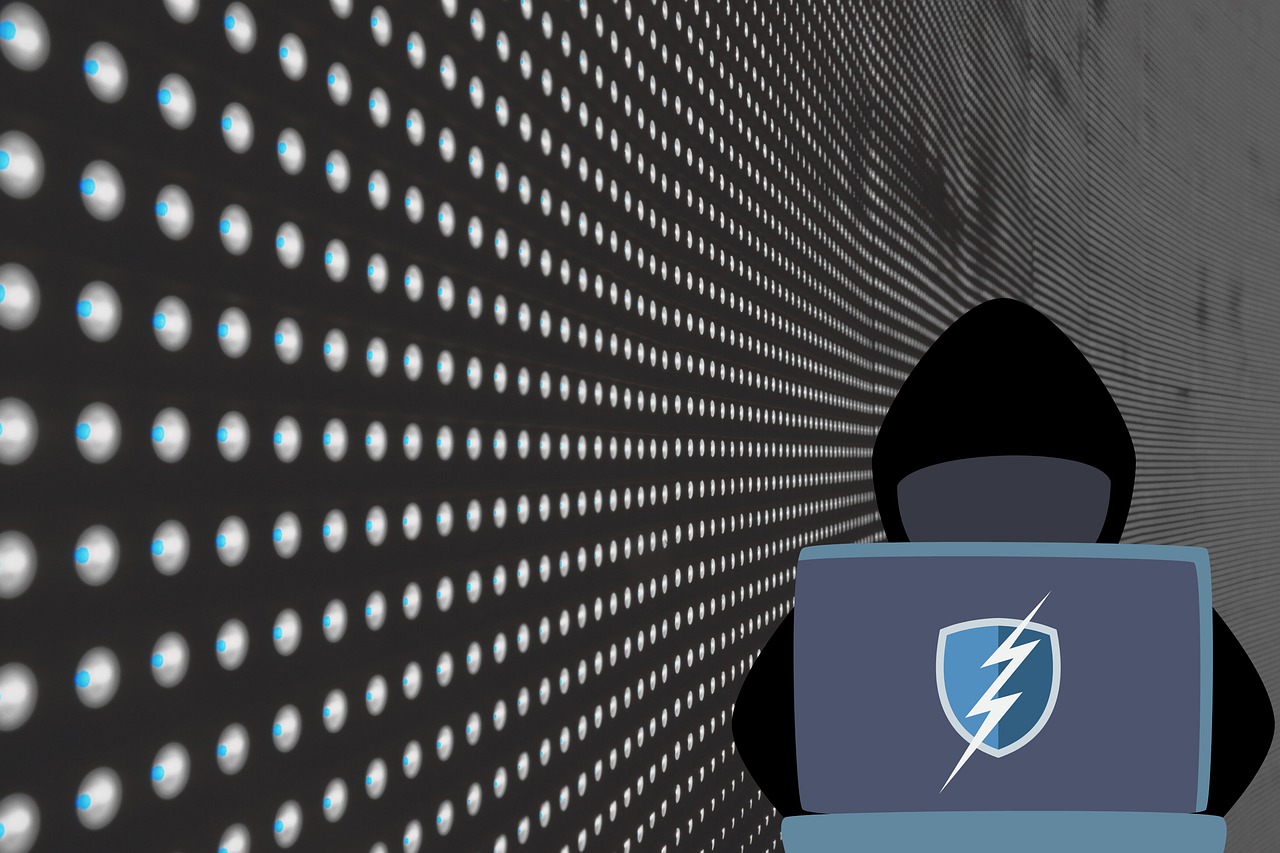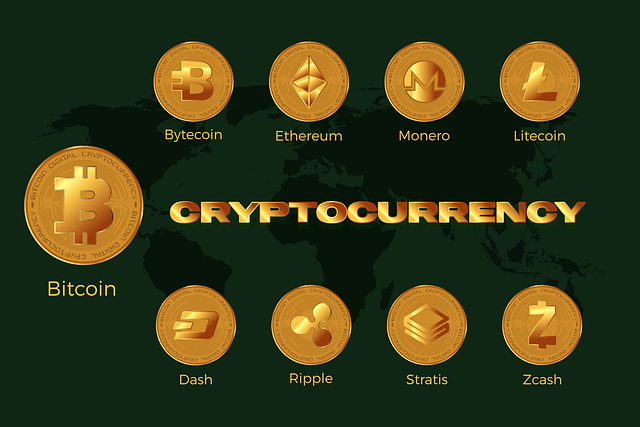Today, we will show you what the dark web is all about. Also, we will reveal how you can access the dark web and the precautions to apply.
The term “dark web” often evokes a sense of mystery and intrigue. It represents a hidden realm within the vast expanse of the internet, shrouded in anonymity and secrecy.
Unlike the surface web that most of us are familiar with, the dark web operates beyond the reach of traditional search engines, accessible only through specialized software. It is a digital landscape where illicit activities, clandestine marketplaces, and anonymous communication find their home.
This post aims to shed light on the dark web, exploring its unique characteristics, its impact on society, and the inherent risks and challenges associated with its existence.
Join us on this journey as we delve into the enigmatic depths of the dark web and unravel the complexities that lie within.
Table of Contents
What Is The Dark Web?
The Dark Web is a term that often evokes a sense of mystery and intrigue. It refers to a collection of websites that cannot be accessed through conventional search engines such as Google, Bing, or Yahoo.
These websites exist on encrypted networks and can only be accessed using specialized software, most commonly the Tor (The Onion Router) browser.
At the heart of the dark web lies the concept of encryption and anonymity. Encryption ensures that data transmitted between users and websites remains secure and confidential. Anonymity, on the other hand, allows individuals to protect their identity while accessing the dark web.
The Tor network, short for “The Onion Router,” and the accompanying Tor Browser play a vital role in facilitating anonymous browsing. Tor routes internet traffic through a series of relays, making it challenging to trace a user’s identity or physical location.
The Tor browser is designed to provide anonymity to its users by blocking third-party tracking, ads, and automatically clearing cookies and browsing history.
It works by routing internet traffic through a network of volunteer-operated servers, making it difficult to trace a user’s identity and location.
The Tor browser functions similarly to a VPN (Virtual Private Network) service, ensuring that users’ online activities remain private and protected.
Best VPN Services For The Dark Web
Understanding The Technology Behind The Dark Web
The dark web relies on a combination of technologies to provide anonymity and privacy to its users. The primary technologies involved are:
- Tor (The Onion Router): Tor is a free and open-source software that forms the backbone of the dark web. It works by encrypting and routing internet traffic through a network of volunteer-operated servers called nodes or relays. Each relay in the network removes a layer of encryption, hence the term “onion router,” before passing the traffic to the next relay. This multi-layered encryption makes it difficult to trace the origin and destination of internet traffic, providing anonymity to users.
- Encryption: Strong encryption plays a crucial role in securing communications within the dark web. It ensures that data exchanged between users remains confidential and unreadable to unauthorized parties. Encryption algorithms such as AES (Advanced Encryption Standard) are commonly used to protect data on the dark web.
- Cryptocurrencies: Cryptocurrencies like Bitcoin are frequently used as a means of conducting transactions on the dark web. Cryptocurrencies provide a decentralized and pseudonymous payment system, allowing users to transact without revealing their identities or relying on traditional financial institutions.
- Hidden Services: One of the defining features of the dark web is its hidden services. Websites or services hosted on the dark web are typically accessed through “.onion” domains. Search engines do not index these websites and are only accessible through the Tor network. Hidden services offer an additional layer of anonymity to website operators by hiding the physical location of the server hosting the website.
- P2P (Peer-to-Peer) Networks: Some dark web services utilize peer-to-peer networks, allowing users to directly connect with each other without relying on centralized servers. This decentralized approach enhances privacy and makes it more difficult to trace user activities.
It’s important to note that while these technologies provide anonymity and privacy, they also create an environment where illegal activities can flourish. The dark web is a complex ecosystem with both legitimate and illicit uses, and understanding the technology behind it helps shed light on how it operates.
What Are The Legitimate Uses Of The Dark Web?
Despite its association with illegal activities, the dark web has legitimate uses as well. In closed societies with limited internet access, the dark web provides a means for individuals to connect with the outside world, access information, and communicate freely.
Although often associated with illegal activities, the dark web has some legitimate uses. Here are a few examples:
- Privacy and anonymity: The dark web provides a level of privacy and anonymity that is attractive to individuals who wish to protect their online activities from surveillance or censorship. People living in repressive regimes or journalists working on sensitive stories may use the dark web to communicate securely and safely.
- Whistleblowing: The dark web can serve as a platform for whistleblowers to share information without revealing their identities. This can be crucial for exposing corruption, human rights abuses, or other sensitive information that might put the whistleblower at risk.
- Protecting sensitive data: Some individuals and organizations use the dark web to secure sensitive data, such as research findings, business strategies, or personal information, from unauthorized access or cyber-attacks.
- Access to censored information: In countries with strict internet censorship, the dark web can be an avenue to access information and resources that are otherwise blocked or unavailable.
- Cryptocurrency and blockchain development: The dark web has played a role in the early development of cryptocurrencies and blockchain technology. While many legitimate applications of these technologies have emerged, their early adoption and experimentation often took place on the dark web.
Editor’s Note: It’s important to note that while there are legitimate uses of the dark web, it also harbors illegal activities and black markets. Engaging in illegal activities is against the law and can have severe consequences.
Caution and discretion should always be exercised when accessing the dark web, as it can pose significant risks to personal safety and cybersecurity.
READ ALSO: Tor+VPN Guide: How to Combine Tor Browser With VPN
How To Safely Access The Dark Web Using Tor Browser
- Download and Install Tor Browser: Start by downloading the Tor Browser from the official Tor Project website. Make sure you download it from the official source to avoid counterfeit or malicious versions.
- Verify the Tor Browser’s Signature: After downloading the Tor Browser, verify its digital signature to ensure that it hasn’t been tampered with. Instructions for verifying the signature can be found on the Tor Project website.
- Use Up-to-Date Software: Keep your operating system, antivirus software, and Tor Browser up to date with the latest security patches. This helps protect against known vulnerabilities.
- Configure Security Settings: Open the Tor Browser and navigate to the Tor Button (the onion icon) located in the top-left corner. Click on it and go to “Security Settings.” Set the security level to “Safest” to enhance your protection against potential threats.
- Disable Plugins and JavaScript: It is recommended to disable plugins and JavaScript in the Tor Browser for enhanced security and privacy. These can be potential sources of vulnerabilities.
- Access Dark Web URLs: To access dark web URLs, you’ll need to obtain them from reliable sources. Dark web directories and forums can provide such links. Type the URLs into the Tor Browser’s address bar and hit Enter.
- Stay Within Trusted Websites: When browsing the dark web, exercise caution and only access trusted and reputable websites. Avoid clicking on suspicious links or engaging in illegal activities.
- Maintain Anonymity: Remember that while Tor provides a certain level of anonymity, it’s not foolproof. To maintain privacy, avoid providing personal information, logging into accounts associated with your identity, or downloading files from untrusted sources.
- Protect Your Identity: Consider using a VPN (Virtual Private Network) in combination with Tor to further protect your identity. A VPN encrypts your internet traffic and helps conceal your online activities from your internet service provider.
- Be Mindful of Legal and Ethical Considerations: Understand that engaging in illegal activities on the dark web is against the law and can have severe consequences. Respect legal boundaries and use the dark web responsibly.
- Find Dark Web Directories: Dark web directories are websites that categorize and list various services and websites available on the dark web. They act as directories or indexes to help users find specific types of content. Popular dark web directories include the Hidden Wiki (http://zqktlwi4fecvo6ri.onion/wiki/index.php/Main_Page) and the OnionDir (http://onidirilwa3carg7.onion/). Note that these URLs are only accessible through the Tor Browser.
- Explore Dark Web Search Engines: Dark web search engines function similarly to traditional search engines but focus on indexing and retrieving information from dark web websites. One notable example is “Grams” (grams7enufi7jmdl.onion), which allows you to search for various products and services available on dark web marketplaces. Other search engines include Ahmia (msydqstlz2kzerdg.onion) and Torch (xmh57jrzrnw6insl.onion).
Best VPN Services For The Dark Web
Safety Measures For Accessing The Dark Web
1. Use a VPN connection to browse the Dark Web
The activities of users using The Tor browsers is not concealed but traceable. Also, the Tor browser was hacked in 2018 in a famous IP leak known as ‘TorMoil.’
To ensure that users remain anonymous and well-protected while using the Dark web; hence, users should use VPN services when accessing the Dark Web.
There are a lot of compromised versions of the Tor browsers out there owning to the popularity of the Tor browser as one of the safest ways of accessing the Dark Web.
You should download the original version of the Tor browser from the official website. Also, users should ensure that their Tor browser is regularly updated to avoid security compromises.
2. Practice Security Consciousness
The dark web hosts a variety of criminals, including hackers and cybercriminals. To minimize the risk of being targeted, it is essential to take certain precautions.
These include stopping all unnecessary background services, closing unnecessary apps and windows, and covering the device’s webcam to prevent potential surveillance.
READ ALSO: 5 Concealed Best Tor Browser Alternatives You Didn’t Know
3. Install TAILS (The Amnesiac Incognito Live System)
For enhanced privacy and security, users may opt to utilize TAILS, an operating system that leaves no trace of activities on the device.
TAILS does not save cookies or browser history directly to the disk without the user’s permission and comes with a built-in Tor browser, providing a comprehensive solution for anonymity.
4. Use Cryptocurrency for all transactions made on the Dark Web
When engaging in transactions on the dark web, it is advisable to use privacy-oriented cryptocurrencies such as Monero or Zcash.
These coins offer enhanced anonymity, making it more challenging to trace transactions. However, generic cryptocurrencies like Bitcoin (BTC) and Ethereum (ETH) are also commonly accepted on the dark web.
Risk And Concerns Of Accessing The Dark Web
The dark web poses several risks that individuals should be aware of before venturing into this realm. Here are some of the main risks associated with the dark web:
- Illicit activities: The dark web is notorious for hosting illegal marketplaces, such as drug trafficking, weapons sales, hacking services, counterfeit goods, and more. Engaging in or supporting such activities is against the law and can lead to legal consequences.
- Malware and cyber attacks: Dark web websites can contain malicious content, including malware, ransomware, and phishing schemes. Users may unknowingly download infected files or visit websites designed to steal personal information or financial data.
- Scams and fraud: The dark web is rife with scams and fraudulent schemes. Users may encounter fake marketplaces, phishing sites, or sellers who take payment but never deliver the promised goods or services. Trusting unknown entities on the dark web can be highly risky.
- Law enforcement monitoring: While the dark web provides some level of anonymity, it is not entirely immune to surveillance. Law enforcement agencies actively monitor illegal activities on the dark web, and engaging in criminal behavior can lead to investigations and potential legal consequences.
- Exposure to explicit and disturbing content: The dark web contains explicit and disturbing content, including illegal pornography, violence, and other forms of illicit materials. Accessing such content can have severe psychological consequences and may even be illegal.
- Lack of trust and accountability: Due to the anonymous nature of the dark web, trust becomes a significant issue. It is challenging to verify the authenticity, reliability, and credibility of dark web marketplaces, sellers, or services. Lack of accountability can make it difficult to seek recourse in case of disputes or scams.
- Personal safety risks: Engaging with individuals on the dark web can expose you to dangerous actors who may have malicious intent. There have been instances of physical harm, blackmail, or extortion stemming from interactions initiated on the dark web.
It is important to emphasize that the risks associated with the dark web outweigh the potential benefits for the vast majority of individuals.
Dark Web Vs Deep Web: Similarities And Differences
The terms “dark web” and “deep web” are often used interchangeably, but they refer to different aspects of the internet.
Here’s an explanation of the differences between the dark web and the deep web:
Deep Web
The deep web refers to the vast portion of the internet that is not indexed by traditional search engines like Google, Bing, or Yahoo. It includes any content that is not accessible through search engine queries or direct links.
This includes private databases, password-protected websites, academic resources, subscription-based content, and more. Essentially, the deep web consists of all web pages and data that are not easily accessible to the general public.
Dark Web
The dark web, on the other hand, is a specific subset of the deep web. It refers to websites and online platforms that are intentionally hidden and can only be accessed through specialized software, such as the Tor (The Onion Router) network.
The dark web requires specific configurations and software to access, providing users with a higher level of anonymity. It is known for hosting anonymous marketplaces, forums, and websites involved in illegal activities, although not all content on the dark web is illegal.
While the deep web includes all unindexed content, the dark web represents a smaller fraction of the deep web, characterized by its anonymity and intentionally hidden nature.
Overall, the deep web encompasses all unindexed web content, while the dark web specifically refers to the part of the deep web that requires specialized software to access and provides users with anonymity.
READ ALSO: Dark Web Marketplaces: Introducing the Darknet Markets
Dark Web 101: Frequently Asked Questions
What is the dark web, and how is it different from the surface web and deep web?
The dark web refers to a portion of the internet that is not indexed by traditional search engines. It operates using overlay networks like Tor, providing users with anonymity. Unlike the surface web, which includes websites accessible through search engines, and the deep web, which consists of unindexed content, the dark web specifically refers to websites that require special software to access.
Is it illegal to access the dark web?
Accessing the dark web itself is not illegal in most countries. However, it’s important to note that the dark web is notorious for hosting illegal activities, such as illegal marketplaces, hacking services, and more. Engaging in or supporting illegal activities on the dark web is against the law and can lead to legal consequences.
READ ALSO: Facts You Might Not Know About The Dark Web
How can I access the dark web safely and anonymously?
To access the dark web safely and anonymously, it is recommended to use the Tor Browser, which routes your internet traffic through a network of volunteer-operated servers, providing a layer of anonymity.
It’s important to follow security best practices, such as keeping your software updated, configuring the Tor Browser’s security settings, and avoiding sharing personal information or engaging in illegal activities. Also, it is ideal to use a VPN to access the Tor network for additional anonymity.
What are the potential risks and dangers of navigating the dark web?
Navigating the dark web comes with risks. There are illegal marketplaces, scams, malware, and explicit content that can pose threats. There is also a possibility of encountering malicious individuals or exposing personal information unknowingly. It’s crucial to exercise caution, avoid clicking on suspicious links, and be skeptical of unknown websites or services.
Are there any legitimate uses for the dark web, or is it entirely associated with illegal activities?
While the dark web is often associated with illegal activities, there are also legitimate uses. It can provide privacy and anonymity for individuals in repressive regimes, support whistleblowing efforts, protect sensitive data, and enable access to censored information. However, engaging in legal activities on the dark web requires caution and responsible use.
Can I be tracked while using the dark web?
Yes, you can still be tracked on the dark web if you don’t follow proper security practices. While the Tor Browser offers anonymity, mistakes like logging into personal accounts, downloading unsafe files, or revealing personal details can expose your identity. Using a VPN with Tor provides an additional layer of security.
What should I avoid doing on the dark web?
You should avoid engaging in illegal activities, downloading unknown files, clicking suspicious links, or sharing personal information. Many sites may attempt scams or spread malware, so practicing caution and using security tools is essential.
Is the dark web the same as the deep web?
No, the dark web is a small portion of the deep web. The deep web includes all unindexed content, such as private databases, academic journals, or subscription services. The dark web specifically refers to websites that require special tools like Tor to access and are often associated with anonymity-focused content.
Conclusion
The dark web continues to intrigue and fascinate individuals, with its hidden websites and anonymity. While it is important to recognize the legitimate uses of the dark web, it is equally vital to exercise caution and follow security measures when accessing it.
By combining tools like the Tor browser, VPN services, security-conscious practices, and privacy-oriented cryptocurrencies, users can navigate the dark web with greater safety and minimize risks associated with illegal activities and potential threats.
Let us know if you were able to get to the dark web. Leave a comment below.
INTERESTING POSTS
About the Author:
Abraham Faisal is a professional content writer. He has a strong passion for online privacy, cybersecurity and blockchain and is an advocate for online privacy. He has been writing about these topics since 2018 and is a regular contributor to a number of publications. He has a degree in Computer Science and has in-depth knowledge of the ever-evolving world of digital security. In his free time, he likes to travel and explore new cultures.


